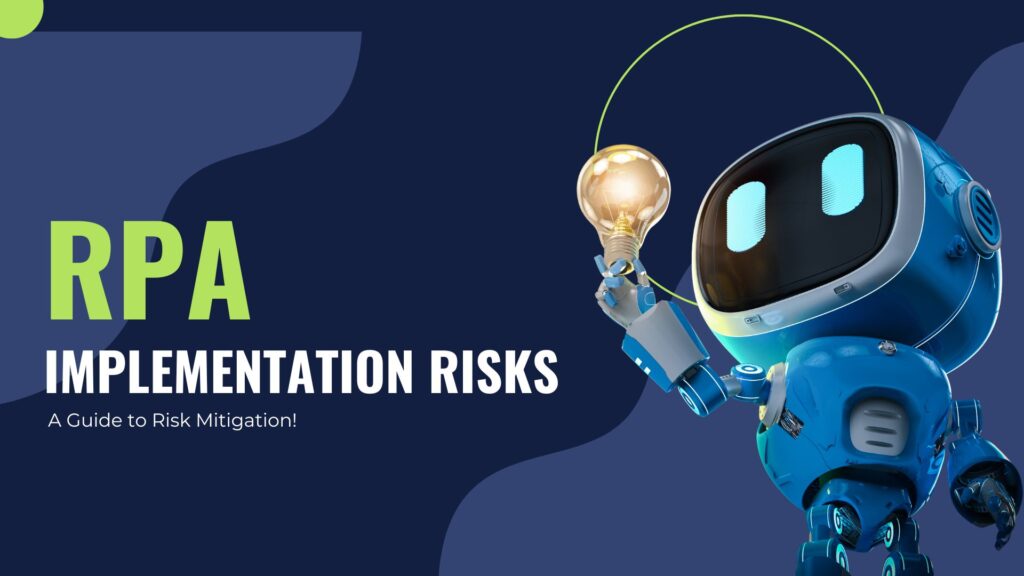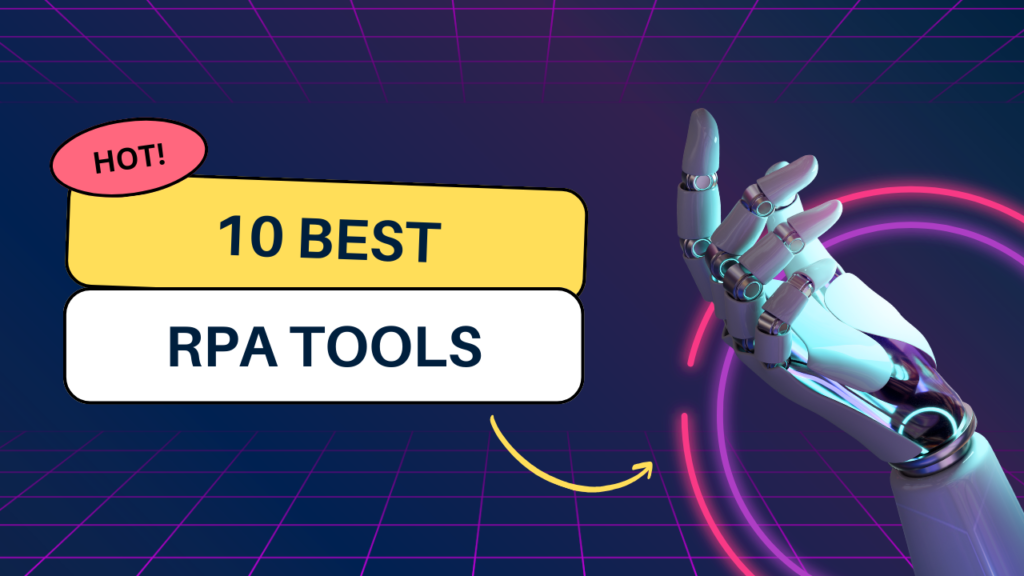Risks In Implementing RPA & How To Mitigate Them?

Imagine this, your business is thriving and growing. Your team is working at full capacity putting in a lot of hard work. Even after that your company is being pulled back because of repetitive tasks that require a ton of work. But then you turn to the most efficient form of software called Robotic Process […]
Daily Tasks You Can Automate With Microsoft Power Automate

In today’s fast-paced business world, repetitive tasks are one of the most time consuming and error made areas of business. These kinds of tasks take up a lot of valuable time and resources. That’s where Microsoft Power Automate makes its entry. Microsoft Power Automate is a Robotic Process Automation tool or RPA. This tool streamlines […]
The Incredible Impact of the RPA Magic Quadrant

In this digital age, industries from all sectors are pivoting towards automation for efficient, precise and timely execution of business processes. Technologies like Robotic Process Automation (RPA), Intelligent Automation and Business Process Automation (BPA) are becoming popular. Of these, RPA is highly preferred for its capabilities of integration with Cloud, Artificial Intelligence (AI) etc. Another […]
How Cloud Robotic Process Automation (RPA) Impacts Automation?

Digitalization of the world is changing how businesses typically work. Be it product delivery or customer service, everything is fast! With the changing pace and ever-increasing competition, customer satisfaction is an essential key to retaining their undivided attention and loyalty towards your business. The improvisation in technology comes with greater expectations from clients and customers. […]
6 Emerging Robotic Process Automation (RPA) Trends in Insurance Industry

With adoption of technology becoming familiar and acceptable for all ages, new trends of Robotic Process Automation (RPA) Services in various industries can be seen. From the early adopters such as IT industry or traditional Healthcare industry, RPA Services are gaining popularity in every sector. Why are RPA Services becoming popular? Who doesn’t want their […]
Top 10 RPA Tools You Need to Know About in February 2024

RPA software works by mimicking human activities and cooperating with digital systems, much like a human worker would. With pre defined rules and writings, Custom RPA development Services helps perform particular tasks streamline procedures, reduce human error, and rise efficiency. All of this leads to an better customer understanding, reduced effective costs, and increased production. […]